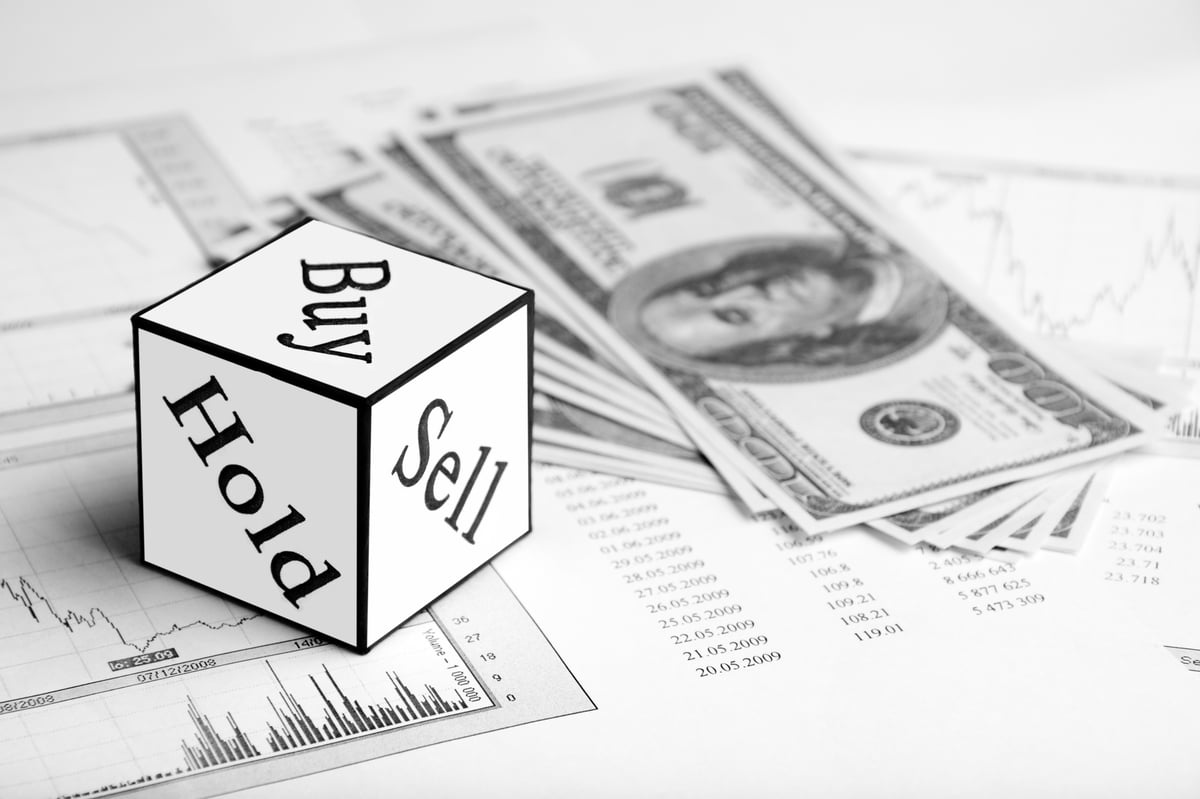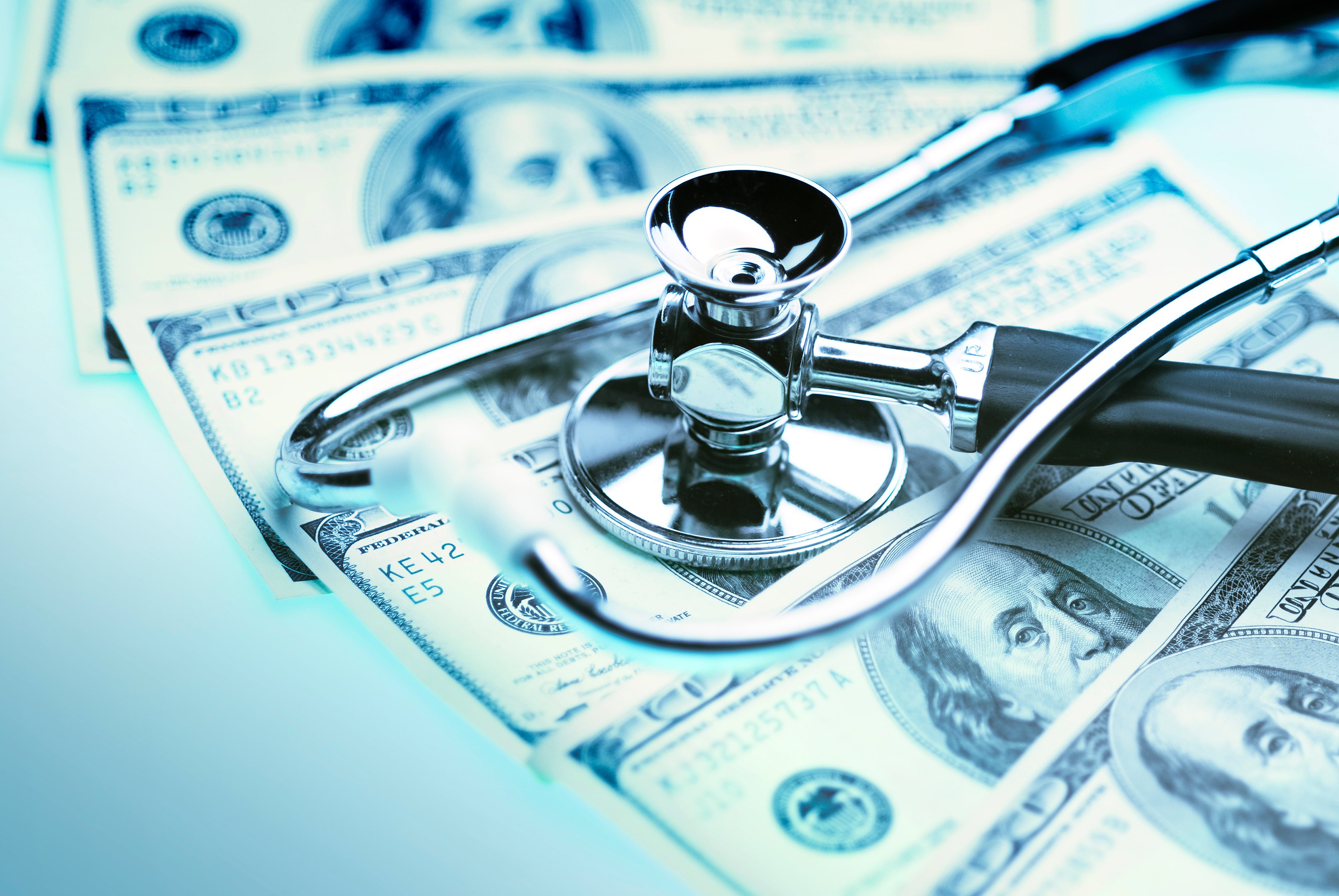Investors in Bristol-Myers Squibb (NYSE: BMY) have enjoyed a prosperous five years, with shares tripling since the current bull market began in March 2009. This comfortably beats the return on the S&P 500, which posted gains of 147% over the same time period. After having such a great run, do shares in Bristol-Myers Squibb still offer good value at current levels?
Strong news flow
News flow in 2014 has been upbeat for Bristol-Myers Squibb. For example, the company announced at the end of February that the FDA has approved a drug developed in partnership with sector peer AstraZeneca to treat rare and potentially fatal disorders involving the loss of body fat. The drug, Myalept, has been developed in a partnership between the two companies and has been approved as a replacement therapy to treat complications caused by leptin hormone deficiency in patients with congenital or acquired generalized lipodystrophy. This involves a loss of fat tissue, leading to low levels of leptin, which can ultimately cause diabetes and pancreatitis.
In addition, Bristol-Myers Squibb stated last week that a Phase 3 study regarding a combination of Yervoy and immunotherapy treatment nivolumab will begin before the end of the calendar year. This is encouraging news for Bristol-Myers Squibb because many investors had expressed disappointment at the sluggish pace in which it was proceeding toward a Phase 3 trial. This intensified after a scientific research team from Dana-Farber Cancer Institute and Johns Hopkins put together statistics regarding patients with melanoma who have taken nivolumab that were very positive. Further developments surrounding nivolumab may act as a significant catalyst on the share price of Bristol-Myers Squibb.
Good value?
With Bristol-Myers Squibb currently having a five year expected price to earnings growth (PEG) ratio of 2.1, it may not appear to offer excellent value for money. However, when compared to sector peer Pfizer (NYSE: PFE), Bristol-Myers Squibb holds its own. That's because Pfizer's PEG ratio is considerably higher at 6.6, thereby showing that, on a relative basis, Bristol-Myers Squibb could still be attractively priced.
Of course, Pfizer's recent news flow has been mixed. For instance, a federal court has invalidated a patent that would have given the company a further 18 months of U.S. exclusivity for its blockbuster painkiller Celebrex. The drug generated sales in the U.S. of just under $2 billion in 2013 and had been granted a 'reissue patent' last year that was due to last until December 2015, after the original patent was set to expire at the end of May 2014. Pfizer intends to appeal the decision, with further updates on the matter likely to impact the company's share price.
However, news flow hasn't been entirely disappointing for Pfizer. Its Prevnar 13 pneumonia vaccine performed well in a large-scale trial among elderly patients. It reduced initial episodes of pneumonia acquired outside of hospitals from infection with a common form of bacteria by 46%. In addition, a secondary goal of the trial was also met, with adults over the age of 65 who were immunized with the vaccine being 75% less likely to develop invasive infections in the bloodstream with Streptococcus pneumoniae bacteria. Further updates are likely to act as a catalyst on Pfizer's share price.
Even better value?
While Bristol-Myers Squibb compares favourably to Pfizer in terms of its PEG ratio, sector peer GlaxoSmithKline (NYSE: GSK) appears to be the most attractive of the three companies based on the metric. It has a PEG ratio of 1.6 and, in addition, has been the recipient of positive news flow of late.
Indeed, GlaxoSmithKline reported last week that a Phase 3 study of mepolizumab met its primary endpoint, with the drug showing statistically significant results for severe eosinophilic asthma. The mepolizumab arm in the trial reduced frequency of clinically significant exacerbations of asthma when compared to a placebo. Furthermore, a second Phase 3 study consisting of an injection of mepolizumab below the skin every four weeks also met its primary endpoint of reducing daily oral corticosteroid use while maintaining asthma control. Further developments regarding the trials are set to be released in the near future and could act as positive catalysts on GlaxoSmithKline's share price.
Looking ahead
While Bristol-Myers Squibb has delivered strong performance in recent years, it does not appear to be overpriced at current levels. Its PEG ratio may not be as attractive as GlaxoSmithKline's, but it compares favorably to that of Pfizer. With further developments expected over the medium term regarding nivolumab, Bristol-Myers Squibb could continue to deliver impressive share price performance in future.






